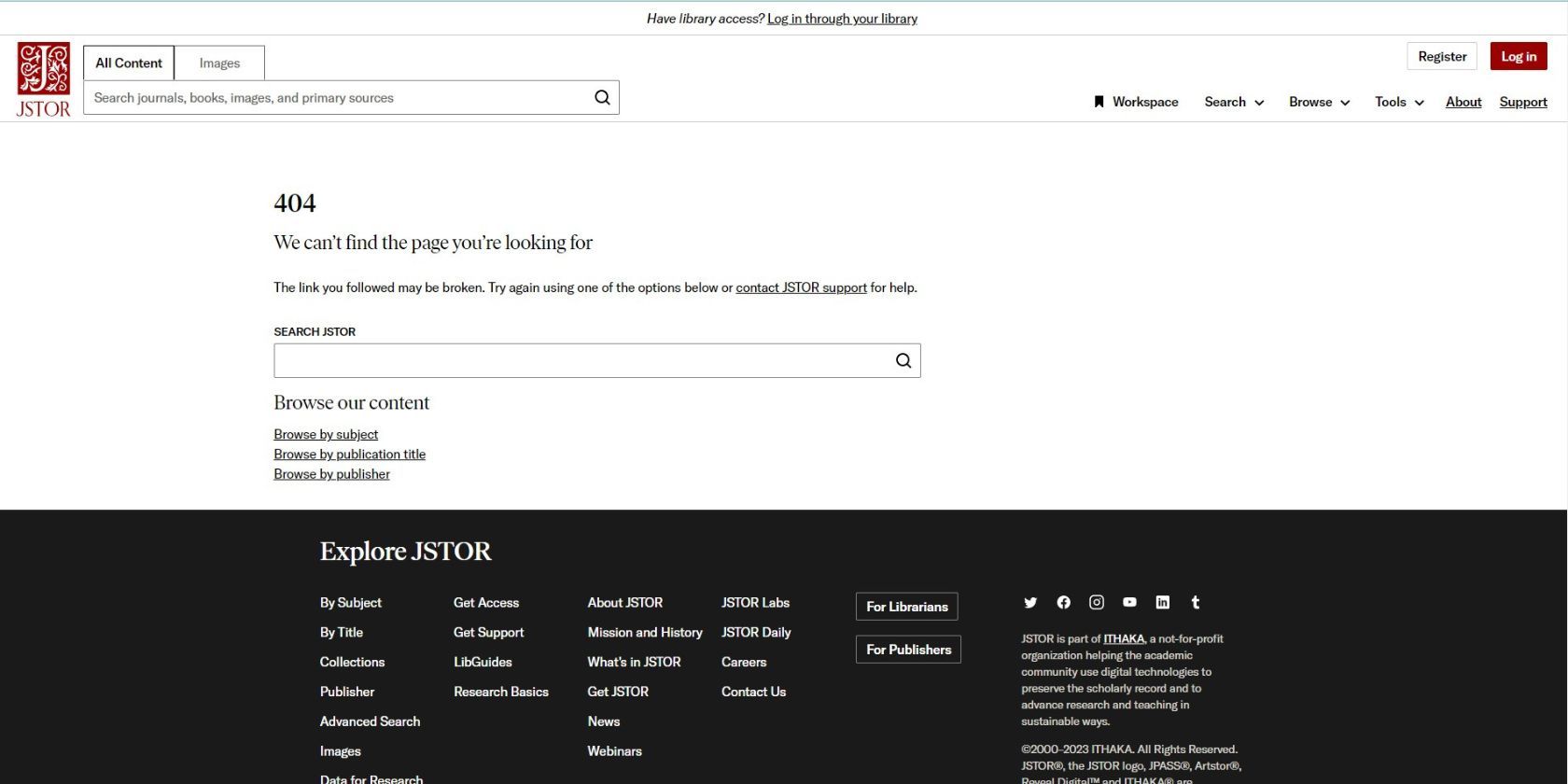A recent study by Nieman Lab, a Harvard University project focused on journalism, revealed a potentially misleading issue with ChatGPT, a popular artificial intelligence chatbot. Researchers found that ChatGPT was generating links to fabricated articles, specifically those supposedly published by news organizations that have partnered with OpenAI, the developers behind ChatGPT.
The fabricated links directed users to nonexistent articles, often presented as the marquee stories or investigative reports of the partnered news organizations. These reports, in some cases, were Pulitzer Prize-winning pieces or the results of months-long investigations by the news teams. Nieman Lab researchers specifically prompted ChatGPT to link to these well-known stories, only to be met with links to nonexistent articles.
While the exact cause of this error remains unclear, it raises concerns about the reliability of AI-powered tools, especially those designed to deliver information. ChatGPT is not the only large language model, and this incident highlights a potential vulnerability that could be present in other similar AI systems.
The fictitious links could mislead users into believing they are accessing credible sources of news. This is particularly concerning in the current age of misinformation, where users are already bombarded with false or misleading content online.
The incident also sheds light on the potential limitations of large language models, which are trained on massive datasets of text and code. While these models can be incredibly powerful, it appears they can also absorb and regurgitate inaccurate information.
OpenAI has not yet commented on the findings from Nieman Lab. However, it is likely that the company will address the issue in order to maintain user trust in ChatGPT.

